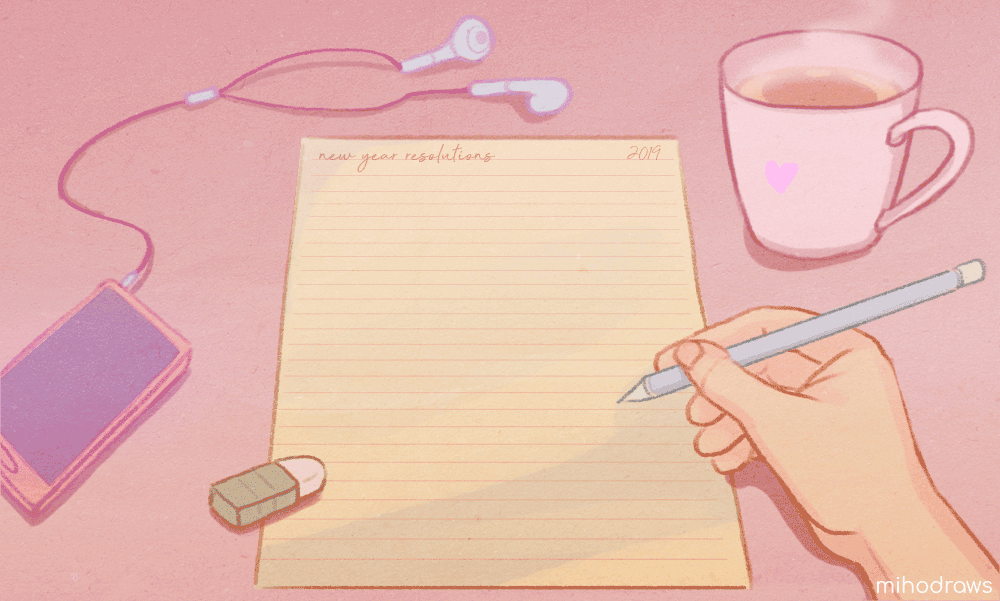
Tone Tags/Indicators
Explanation & List of all known Tone Tags/Indicators
What Are They?
Tone Tags/Indicators are things you can include in anything in the form of a text to help people understand the tone of what you are saying. Some people struggle with picking up on tone through text, Using a tone tag/indicator helps clarify what tone you are using avoiding confusing and misunderstandings.
Masterlist
/a = alterous
/aff = affectionate
/ay = at you
/b = bitter / bitterly
/c = copypasta
/cb = clickbait
/con = contradicting
/cj = coping joke
/e = embarrassed
/ex or /fex = example/for example
/exp = explanation
/f = fake
/g = genuine
/gen = genuine question
/hj = half-joking
/hjov = half-jokingly overreacting
/hpr = half prideful boasting
/hsrs = half serious
/hyp = hyperbole
/ij = inside joke
/info = information
/j = joking
/jov = jokingly overreacting
/jh or /jth = jokinng threat
/lh = light-hearted
/li = literal / literally
/lu = little upset
/ly = lyrics
/m = metaphor / metaphorically
/ma = manifesting
/nav = not a vent
/nay = not at you
/nbh = nobody here
/nbr = not being rude
/nc or /neg = negative connotation
/neg = negative connotation
/neu = neutral / neutral connotation
/nf = not forced
/nm = not mad or upset
/npr = not prideful
/ns or /nsx = nonsexual intent
/nsrs = not serious
/ot = off topic
/outr = outraged
/p = platonic
/pc or /pos = positive connotation
/pf = playful
/pos = positive connotation
/pr = prideful / with pride
/q = quote
/r = romantic
/ref = reference
/rt = rhetorical question
/s or /sarc = sarcastic / sarcasm
/srs = serious
/sx or /x = sexual intent
/t = teasing
/th = threat
/? = confused
/! = surprised/excited